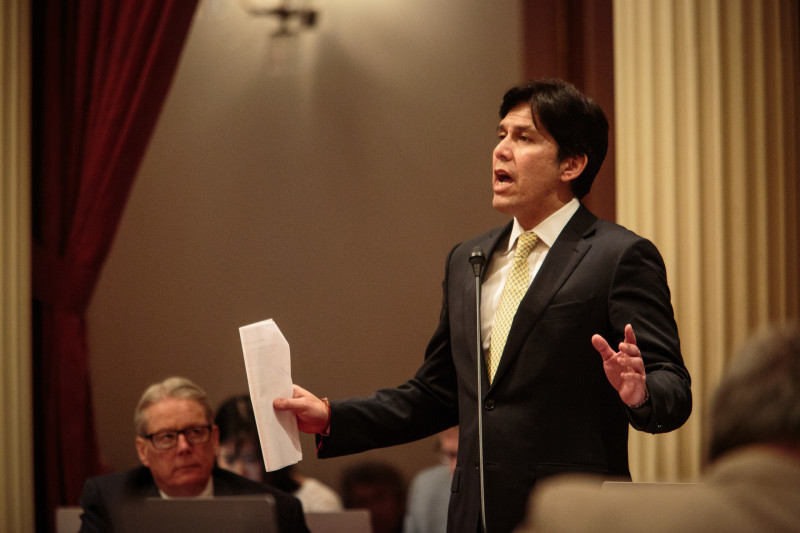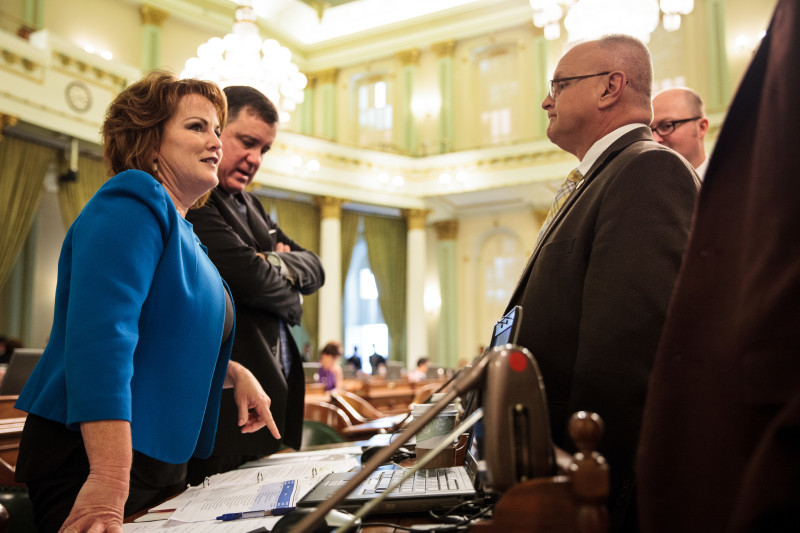Everyone knows it takes big bucks to run for office in California, but you might be surprised to learn that current members of the state Legislature competing for a seat in the 2014 election cycle had to raise on average more than $1,000 each day.
An analysis by the nonpartisan campaign finance organization MapLight.org of money raised from the beginning of 2013 through the November 2014 election shows it cost, on average, $1.1 million to win a seat in the state Senate. Successful members of the state Assembly raised slightly less -- around $837,000, on average.
If you break those sums down to a daily fundraising rate, senators had to bring in about $1,521 per day over the two-year cycle, while Assembly members needed to raise about $1,147 -- 365 days a year.
The numbers don't include three recent special elections, and they remain high even if you exclude some of the most competitive districts in 2014 and Democratic legislative leaders, who tend to raise far more to help prop up other members of their party or pet ballot measures.
KQED News also asked MapLight to crunch the average fundraising totals without the totals raised by State Senate President pro Tempore Kevin de León (D-Los Angeles) and Assembly Speaker Toni Atkins (D-San Diego), as much of their money is funneled back into boosting the chances of fellow Democratic candidates and not for their own election campaigns.

